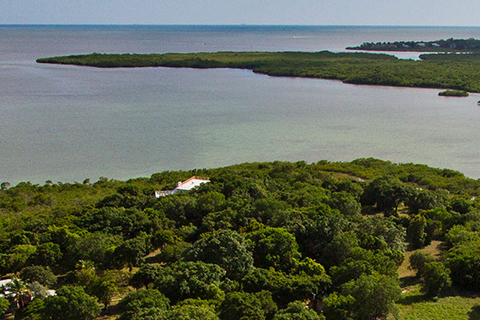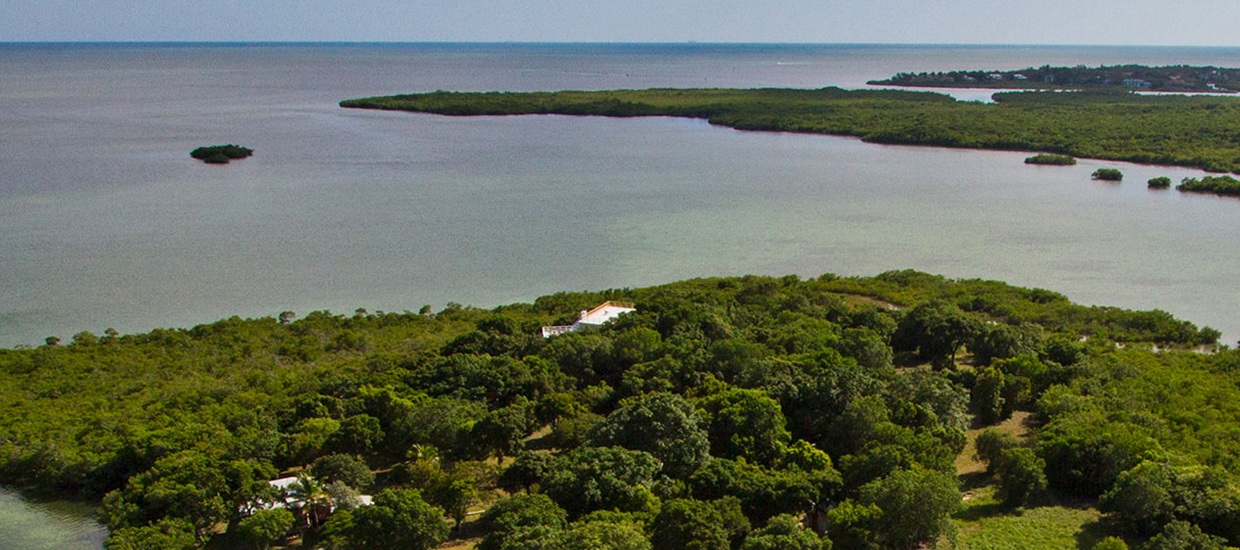Over half of the world’s population resides in growing coastal areas. These areas are major economic engines, supporting port and shipping tourism, fisheries, aquaculture, and oil and gas mining activities. The coastal zone – comprising nearshore waters and lands — represents some of the most fragile habitats on the planet. Balancing economic development and coastal protections in the face of anthropogenic stressors is a major challenge that resource managers face in the 21st century.
The Coastal Zone Management MPS track offers a multidisciplinary approach to addressing problems in coastal areas. Students can explore a broad variety of topics, ranging from coastal fisheries management and tourism development to port management and environmental impact assessment. Students will also be introduced to associated legal and governance frameworks.
Prerequisites:
Bachelor’s degree in any field
Course topics:
marine protected areas, coastal law and policy, management and conservation of marine ecosystems, environmental planning and environmental impact statement
Job titles:
- Environmental Policy Research Assistant
- Project Manager–US Army Corps of Engineers
- Legislative Assistant–Florida Senate






